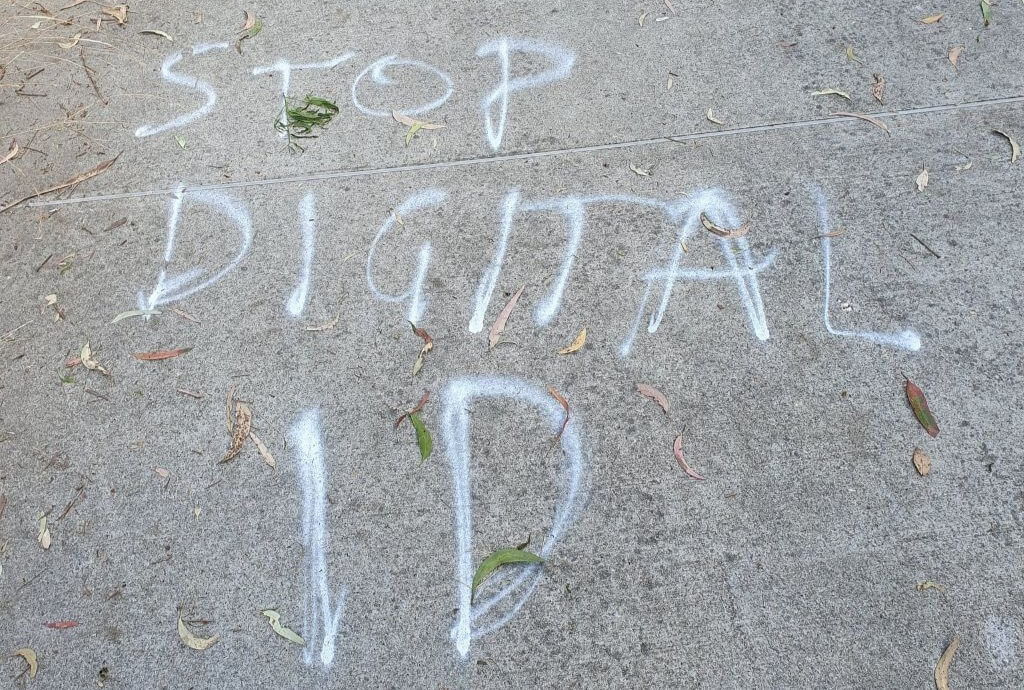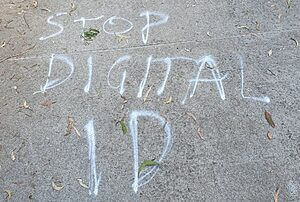Summarised by Centrist
“Technoference,” the disruption caused by parents’ screen use during face-to-face interactions with their toddlers, is raising alarms among experts.
Sabina Pauen, a developmental psychology professor, warns that this interference can cause stress and confusion in children, as they struggle to interpret their parents’ emotions and reactions when attention is divided.
Beyond this, research highlights broader concerns about toddlers’ early screen exposure. Studies link screen time to developmental delays, higher BMI (body mass index), poor sleep, and reduced brain activity. One study even found that toddlers spending hours on screens exhibited smaller and less functional brain structures compared to their screen-free peers.
David Martin, a paediatrician, underscores how screen dependency disrupts learning about the physical world. “Children literally have to grasp the world first for the brain to comprehend it,” he said, describing the “catastrophic” effects of overexposure. Screen use has also been linked to delayed motor skill development, affecting cognitive functions like memory and problem-solving.
While the American Academy of Pediatrics advises no screen time for children under 2 and limited supervised use for older kids, the debate isn’t clear-cut. Some experts, like Pauen, also caution against using screens as rewards or distractions, which may hinder children from developing healthy coping mechanisms.
For parents, the message is clear: mindful screen use—both for themselves and their children—is essential to fostering healthy development.



















